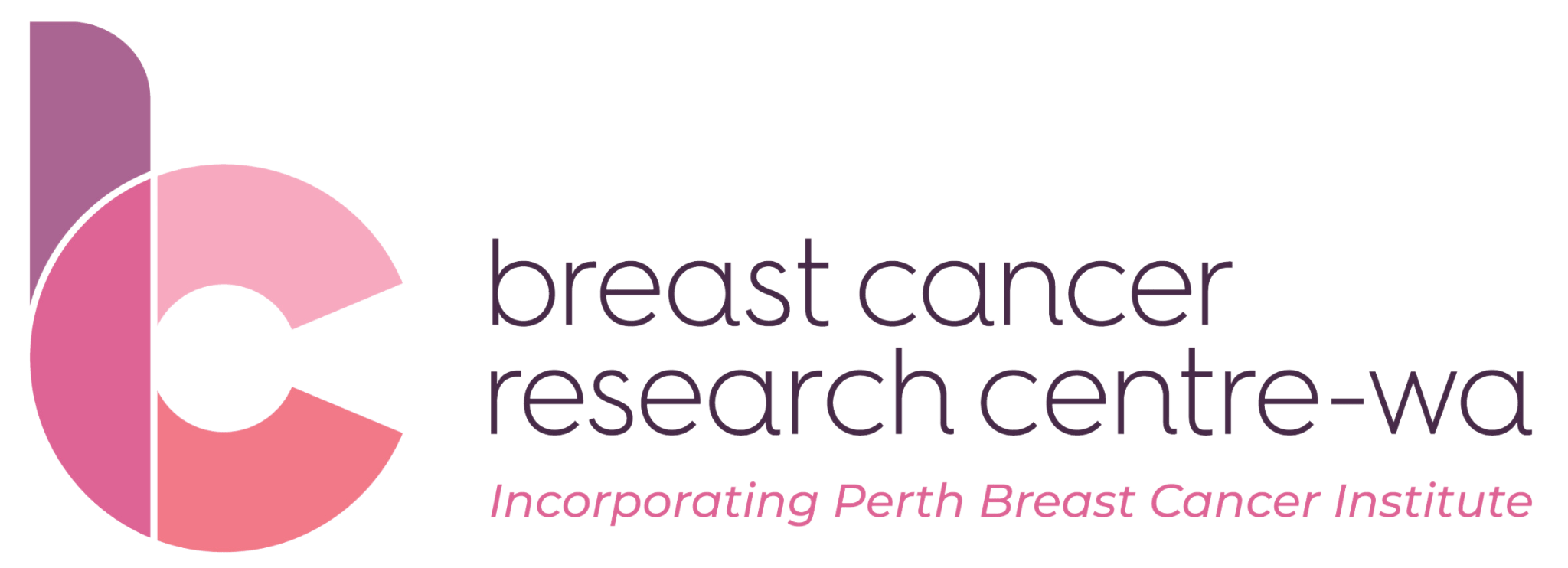Above & Beyond
Wellbeing recommendations from the BCRC-WA staff
Above & Beyond is a series designed to offer insights and recommendations from BCRC-WA staff aimed at improving your well-being and accompanying you on your journey.
Wellbeing Tips for Hot Flushes and Other Menopausal Changes
There are many biopsychosocial changes that occur during and after breast cancer treatment. Estrogen-blocking treatments and chemotherapy may induce or worsen menopause symptoms. As well as medical and lifestyle options to manage menopause symptoms, there are also evidence-based psychological therapies to address hot flushes, mood and anxiety, stress, insomnia, pain and sexual difficulties.
A good starting point is an awareness of how your treatment has impacted you. Reflect on the many changes that you are trying to accommodate in your life. Consider the following questions:
- What were all the roles and responsibilities you had in your life before your diagnosis?
- How has treatment impacted you psychologically, socially and physically?
- What new issues/ symptoms/ roles are you trying to accommodate now? This might include menopause symptoms, new medical issues, increased medical checks, life stressors, anxiety, low mood, lymphoedema, weight management, fitness regimes and more.
Adjusting to these changes takes time, self-education, inspiration, prioritisation, good support, self-compassion and a process of trial and error. Alongside this, there can be a grief process, which may include a healthy amount of anger and protest, as well as sadness and seeking comfort.
For menopause symptoms, referrals to these services can be discussed with your specialist or GP:
- BCRC-WA Clinical Psychology Service
- Menopause After Breast Cancer Clinic KEMH
- Women’s Health Physiotherapists who specialise in vaginal and pelvic floor issues
What is offered at BCRC-WA?
For women who would like more assistance with psychological well-being, BCRC-WA offers a bulk-billed clinical psychology service to patients of the Perth Breast Cancer Institute.
Our psychologists can assist with a range of issues including managing uncertainty and worry, the impact on family and children, coping with treatment side effects, sexuality and body image concerns, coping with losses, and feelings of social disconnection. We also have evidence-based programs for coping with the fear of cancer recurrence or spread and for the management of hot flushes.
If you’re interested in learning more about additional well-being options available at BCRC-WA, please have a conversation with your breast care nurse.
Recommended by:

Mary Scott
BCRC-WA Clinical Psychologist
The information and content provided on this page is intended for informational and educational purposes only and is not intended to substitute for professional medical advice. Please contact your medical team for advice on anything covered in this article.
Recommended Reading:
Managing Hot Flushes and Night Sweats: A Cognitive Behavioural Self-Help Guide to the Menopause. By Myra Hunter, Melanie Smith (2020)


